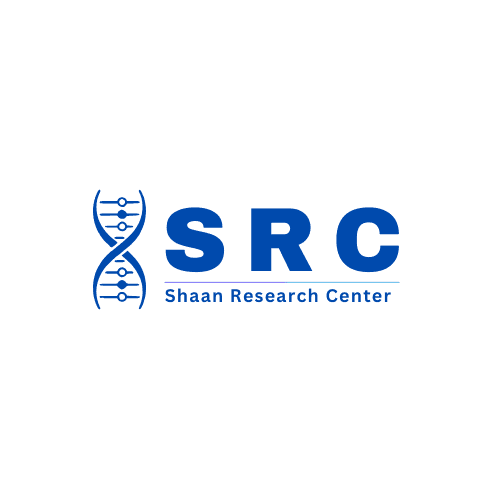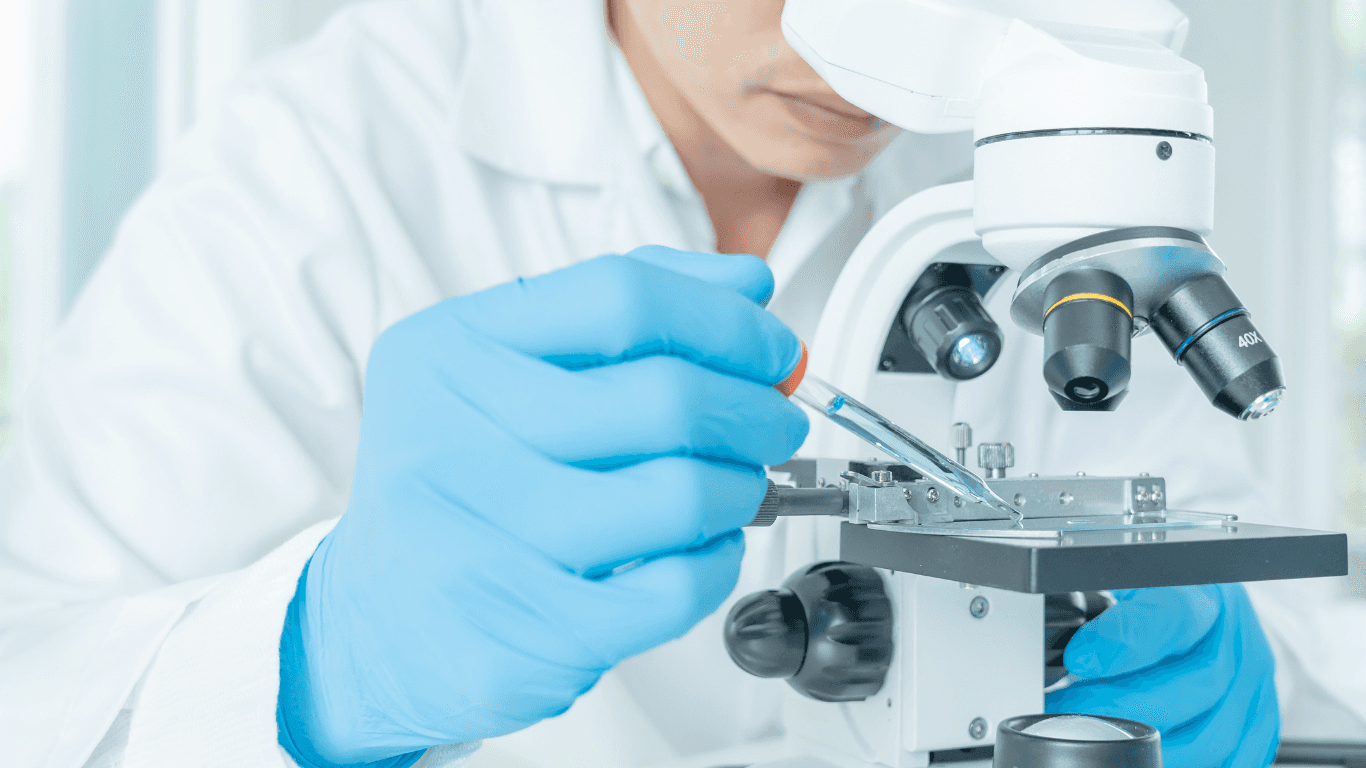PG Diploma in Clinical Research (PGDCR)
Dedicated to Excellence in Training
"We prepare our students to be job-ready with the most updated PG Diploma in Clinical Research curriculum, ensuring insightful instruction and an innovative learning experience at competitive pricing."
SRC offers an innovative approach to learning, allowing students to effectively apply the theoretical knowledge and skills acquired during the program in the clinical research industry.
What We Teach in PGDCR
The PG Diploma in Clinical Research (PGDCR) covers Clinical Research, Clinical Data Management, Pharmacovigilance, and Clinical Trial Data Analysis using SAS, lasting for 7.5 months.
1. Clinical Research Associate (CRA)
In-depth training on the roles and responsibilities of a Clinical Research Associate (CRA).
Industry-standard practices and real-time project or on-the-job training.
2. Clinical Research (CR)
Foundation principles of clinical trials: efficacy, safety, and treatment effectiveness.
Comparison of clinical trials with alternative study designs.
3. Clinical Data Management (CDM)
Monitoring study data to ensure proper collection for answering clinical trial questions.
Ethical considerations in trial continuity and patient recruitment management.
4. Pharmacovigilance (PV)
Understanding risks and benefits of drug use in humans, including ADEs.
Detection and monitoring methods for drug safety and regulatory frameworks.
5. SAS for Clinical Data Analysis
Training in SAS programming tailored to clinical trials.
Focus on maintaining and analyzing clinical data for strategic decision-making.
Learning Objectives
Gain a thorough understanding of clinical research processes and their applications.
Learn to plan and manage clinical trials effectively.
Develop expertise in preparing key clinical documents: Protocols, CRFs, IBs, and ICDs.
Master regulatory submissions and SAE reporting.
Acquire skills in trial monitoring, database design, and validation.
Hands-on experience with tools like OpenClinica, ICH E9, SAP, SAS Base, and Clinical Data Analysis.
FAQs About PGDCR
Q1: What is the eligibility criteria for the PGDCR?
Candidates must have a graduation degree in Science (e.g., Biochemistry, Microbiology, Genetics), Medicine (e.g., MBBS, BDS, BAMS), or Pharmacy (e.g., B.Pharm, Pharm.D).
Q2: What are the job prospects after completing the PGDCR?
Graduates can pursue roles such as Clinical Research Associate, Clinical Data Manager, SAS Programmer, Drug Safety Associate, and Pharmacovigilance Specialist.
Q3: Does the PGDCR at SRC provide practical exposure?
Yes, our 7.5-month program includes hands-on training with software like Clinevo and Safety Database, as well as real-world scenarios.
Q4: What kind of course content is provided?
The program covers Clinical Research, Clinical Data Management, Pharmacovigilance, SAS, Regulatory Affairs, Career Development, Practical Training, and Internships.
Q5: What practical skills will I gain?
Students will master patient recruitment, data collection, adverse event monitoring, protocol adherence, regulatory compliance, and data management, alongside statistical tools like SAS.
Q6: Does SRC offer placement support?
Yes, SRC provides 100% placement assistance and internship opportunities for students completing the course.
Q7: Why is SRC a leading institution for Clinical Research courses?
SRC stands out due to its industry-experienced trainers, well-structured curriculum, hands-on training, and internships that equip students for real-world clinical research roles.



